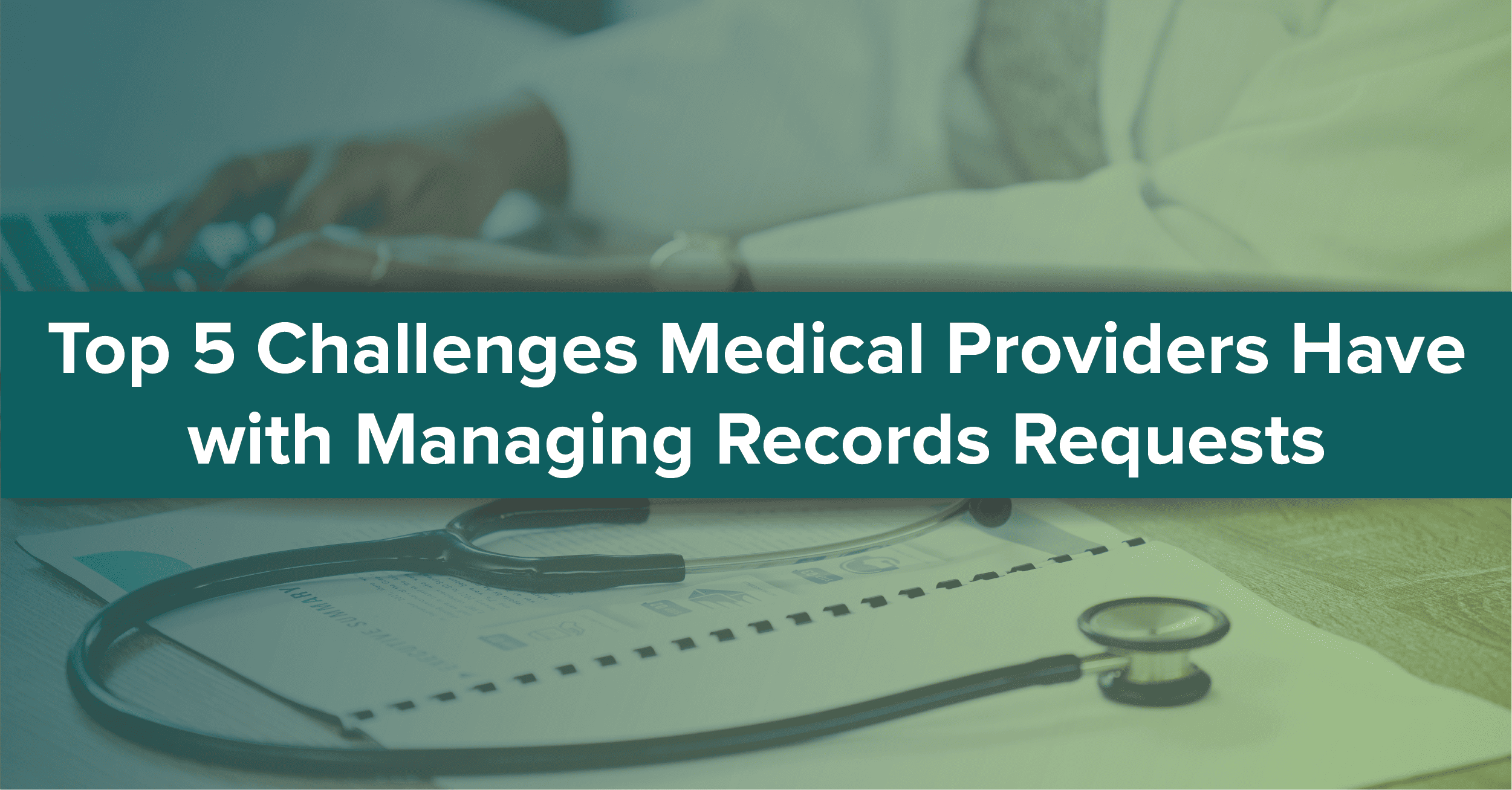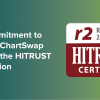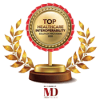
Medical records management is a critical aspect of healthcare administration, but it’s also one that can be very challenging. Managing records requests can be a major headache for medical providers. In this blog post, we’ll explore the top 5 challenges medical providers face when managing records requests and offer some tips for overcoming them.
1. Time-Consuming, Manual Processes
One of the biggest challenges medical providers face with managing records requests is the time-consuming and manual processes involved. Requesting and sending medical records can require a lot of paperwork, phone calls, and other administrative tasks, which can take up valuable time and resources. To overcome this challenge, consider using a medical records exchange platform like ChartSwap, which can streamline the process and make it more efficient. ChartSwap customers have seen a 50% average increase in productivity by utilizing the platform.
2. Incomplete or Inaccurate Information
A common challenge with managing records requests is ensuring that the information being requested is complete and accurate. Medical records can be complex, and it can be difficult to ensure that all the necessary information is included. To overcome this challenge, consider developing a standardized process for reviewing and approving records requests, utilize additional tools available on a medical records exchange platform to organize records such as indexing, chronologies or summaries and ensure that all relevant information is included in the records before they are sent.
3. HIPAA Patient Privacy Concerns and Security of Sensitive Information
Patient privacy is a top concern for medical providers, and managing records requests can be a challenge in this regard. Providers must ensure that patient information is always kept confidential and secure, and that records are only shared with authorized parties. To overcome this challenge, consider implementing strict privacy and security policies and procedures, and using secure medical records exchange platforms like ChartSwap. ChartSwap is SOC Type II certified and is HIPAA Compliant to ensure confidence in their information exchange between providers and requestors.
4. Inefficient A/R Process & Duplicate Invoices
Many medical providers today face the challenges caused by manual payment processes including duplication of invoices, lost checks and slow postal services. Combatting these pain points and increasing the efficiency of the A/R process is one of the most impactful benefits of a secure medical records exchange platform like ChartSwap. ChartSwap provides an electronic payment platform that makes it easy for providers to bill requestors and receive electronic payments instantly and securely.
5. Lack of Communication
Finally, a lack of communication can be a major challenge when managing records requests. Providers may not always know when a request has been received, or when the records have been sent. This can lead to delays and frustration for both providers and requestors. To overcome this challenge, consider using a medical records exchange platform like ChartSwap, which provides a centralized communication platform, allowing providers to remain in immediate contact with requestors without even picking up the phone. The platform also provides real-time updates on the status of requests and records.
In conclusion, managing records requests can be a major challenge for medical providers. However, by using medical records exchange platforms like ChartSwap, implementing standardized processes, ensuring patient privacy and security, digitizing payment methods and improving communication, providers can overcome these challenges and ensure that medical records are managed efficiently and effectively.
Learn more about record retrieval!
ChartSwap FAQ
How Can Electronic Health Records Improve The Efficiency Of My Staff?
Medical Practice Efficiencies & Cost Savings
Electronic Health Records To Facilitate Clinical Research
Why The Promise Of Electronic Health Records Has Gone Unfulfilled
What It Means To Be A Secondary User Of Health Record Data







